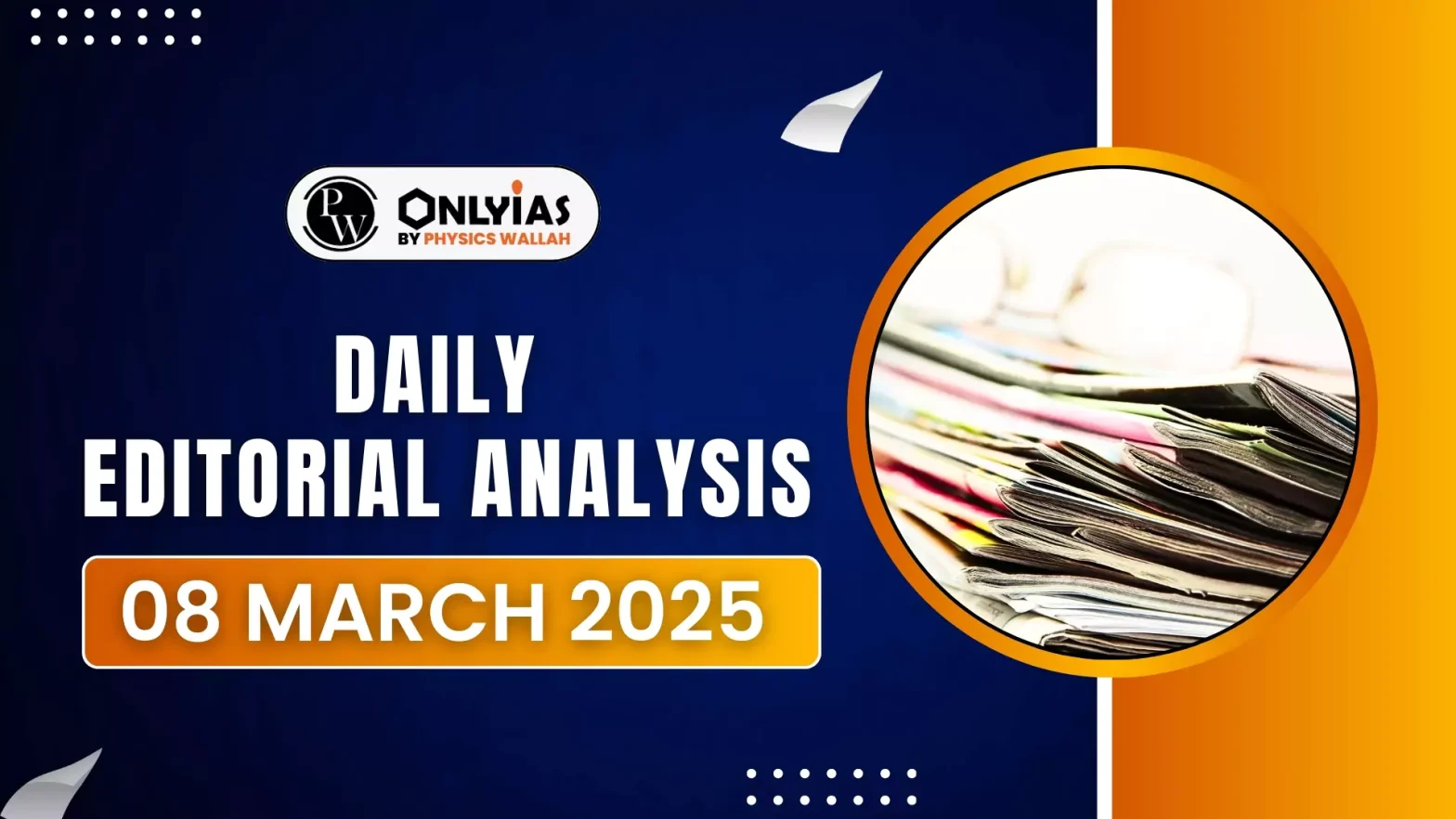On Women’s Day 2025, the spotlight is on breaking barriers in STEM, where women face educational challenges, workplace bias, and low representation.
Barriers to STEM (Science Technology, Engineering and Management)
- Educational Challenges: Limited access to quality education and gendered societal norms discourage girls from pursuing STEM fields.
- Cultural Expectations: Women are often expected to prioritise family over careers, restricting professional growth.
- Gender Stereotypes: Hiring, promotions, and funding opportunities are often biased against women.
- Workplace Discrimination: Harassment and non-inclusive academic environments push many women out of STEM.
Global Trends
- Reasons for Dropout: A study across 38 countries highlights high dropout rates among women due to:
- Non-inclusive workplaces
- Work-life balance struggles
- Limited access to high-impact research opportunities
- Transition issue: The postdoc-to-faculty transition is particularly challenging, with key barriers including familial responsibilities, lack of confidence, and the absence of female role models.
Need of Women in Science
- Innovation: Inclusive teams lead to creative breakthroughs and better problem-solving.
- Role Models: More women in STEM inspire young girls to pursue science.
- Equity Ensuring fair opportunities enriches research and benefits society.
Challenges faced by Women in STEM
- The Matilda Effect: Women’s contributions in science have been historically overshadowed by male colleagues.
- Leaky Pipeline: Many women leave STEM due to biased teaching, lack of mentorship, and hostile workplaces.
- Chutes and Ladders Model: Structural barriers, unequal mentorship, and career disruptions disproportionately impact women and marginalised groups, requiring systemic reforms.
- Inclusion: Efforts to retain and support women in STEM must go beyond discussion—active reforms are essential to create an equitable and inclusive scientific community.
- Disparity in India: A 2020-21 survey across 98 institutions revealed that women faculty members comprised only 17% of the total workforce.
- Biology: 23% women faculty
- Engineering: 8% women faculty
- Low Representation: Representation was even lower in higher-ranked institutions and senior faculty positions. Women were underrepresented at conferences and often excluded from career-enhancing opportunities.
Strategies to Accelerate Gender Equality
- Institutional Reforms: Institutional reforms such as flexible work arrangements, affordable childcare support, and policies integrating work and family responsibilities are essential to overcoming key barriers in the postdoc-to-faculty transition.
- Recognition and Awareness: Showcasing achievements of women scientists to challenge stereotypes and inspire future generations. Highlighting gender biases through initiatives like BiasWatchIndia to expose systemic inequities
- Support Mechanisms: Eliminating age restrictions on grants. Building mentorship networks. Supporting career re-entry after family or personal breaks. Increasing representation of women in leadership and decision-making
Government Initiatives to Promote Women in STEM
- Gender Advancement for Transforming Institutions (GATI) pilot (2020): Creating an inclusive environment in STEM.
- WISE-KIRAN & Women Scientists Scheme (WOS): Encouraging female participation in research.
- BioCARe Programme: Supporting women scientists returning to research after career breaks.
- ICMR Initiatives: Programs focusing on women’s health and scientific training.
Conclusion
While these initiatives mark progress, they need scaling and integration into broader systemic reforms. Full inclusion of women in STEM is not just about fairness—it strengthens India’s scientific and technological leadership and sets a global example of inclusive progress.
![]() 8 Mar 2025
8 Mar 2025

